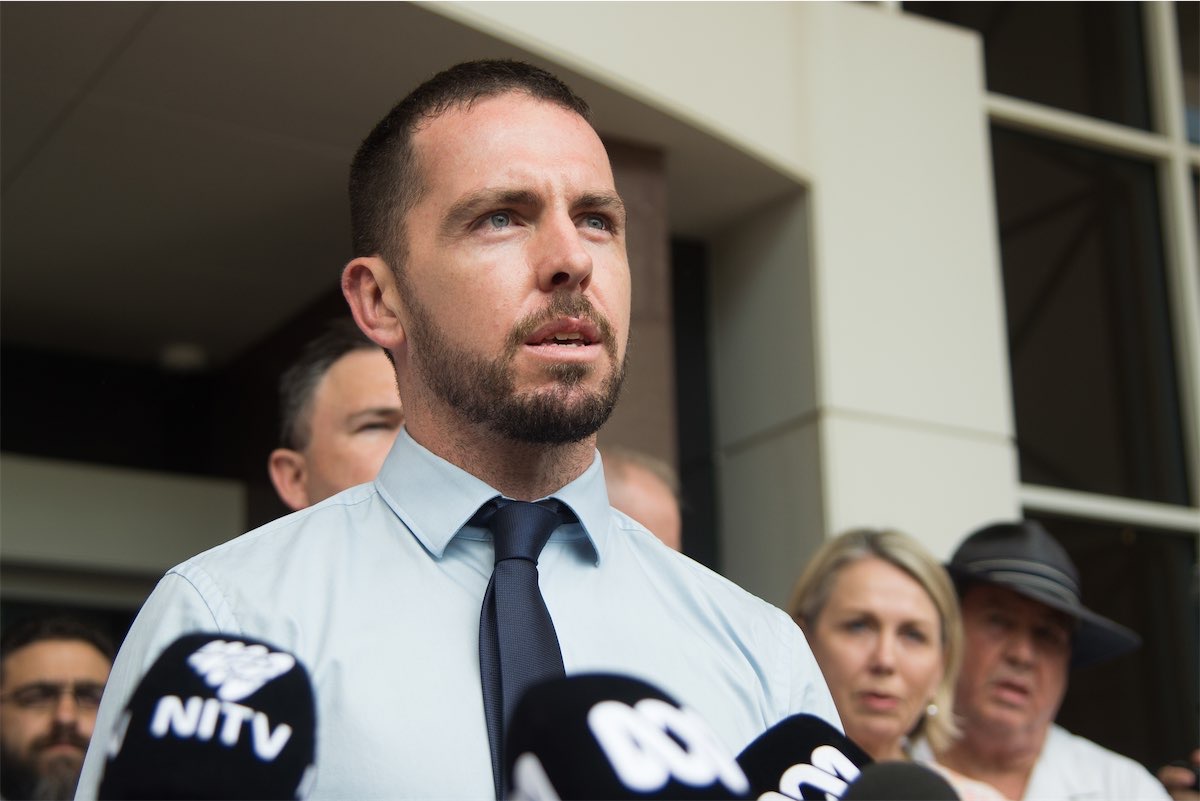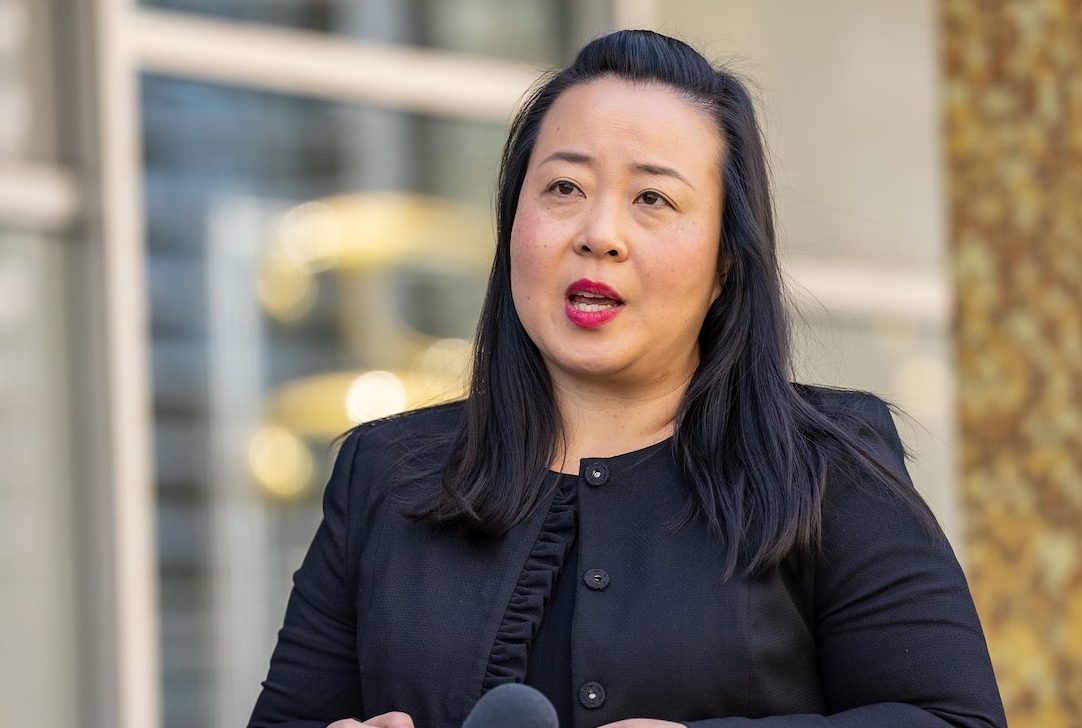
“Mr Rolfe’s outburst should come as no surprise to anyone who has endured the terrors of long litigation. Trials sap mental health, chisel away at resilience, eat at sense of self, and destroy friendships and support networks. Innocent or guilty, the debilitating effects cannot be avoided,” writes “CityNews” legal columnist HUGH SELBY.
I’d be surprised if local boy gone bush, Zachary Rolfe, had the NT coroner’s sense of self foremost when he sent his, “I’m out of here” cri de coeur last week.

I’d be even more surprised if the coroner felt that her job was made easier by comments from certain barristers – appearing for parties with their own agendas before her – who (it has been reported in the media) had an irresistible urge to tell her that his missive might be contemptuous, or an attempt to pervert the course of justice, etcetera.
I was heartened that as I pen these comments Mr Rolfe’s lawyer has so far kept mouth shut and typing fingers stilled – showing a sensible disinclination to jump into the muck.
Mr Rolfe’s outburst should come as no surprise to anyone who has endured the terrors of long litigation. Trials sap mental health, chisel away at resilience, eat at sense of self, and destroy friendships and support networks. Innocent or guilty, the debilitating effects cannot be avoided.
This multipart tragedy began a little over three years ago. A 19-year-old died. Police officer Rolfe faced a jury on the charge that he had murdered the young man by firing three shots. A highly regarded prosecutor presented the case against him. In May last year, near two and a half years later, the jury of 12 acquitted.
To grasp the amount of anxiety that piles up in a trial one has to be there, watching the accused, watching those in the public gallery, waiting for the jury foreperson, or the judge – if there is no jury – to utter the words “guilty” or “not guilty”. You have to see it, hear it, smell it.
The acquittal was not the end of the matter, not for Mr Rolfe, or police, or the dead man’s community, because there are questions, important questions that go to indigenous/police relations, the adequacy of police training, whether Mr Rolfe followed standard procedures, and if not, “why not?” – some or all of these may attract the attention of the coroner.
One of the aims of coronials is to improve the lot of the living. But that comes at a price to participants, especially when the coronial hearing is long delayed as it had to be in this case because the criminal trial had to be completed first.
Arguably Mr Rolfe should be congratulated for still having sufficient mental strength to fight back, to put his point of view out there, to counteract the considerable amount of negative commentary.
Some might argue, to the contrary, that he should wait until he has his turn to give evidence some months from now. It has been reported that he has taken legal action to avoid giving evidence before the coroner, a ground being that he does not want to give NT Police Management material that might be used in disciplinary proceedings.
Whether or not Mr Rolfe has good grounds to stay out of the witness box there is no law impediment upon his commenting upon his position. It smacks of “holier than thou” for certain other parties – who, like him, may warrant criticism – to seek to shut him down.
It has not been claimed (in the material that I have seen) that Mr Rolfe has breached an order made by the coroner. His missive is, apparently, an unsworn document. He is critical of the actions of others, but – unlike in our local 2022 Higgins imbroglio – there are no prospective jurors to be influenced.
The nub of the matter is that if Mr Rolfe does not appear to give evidence then his cri de couer is irrelevant. It is not evidence. If he does go into the witness box then he can be cross-examined on its contents. We know that there are at least two barristers champing at the bit to do so.
Coronials, unlike our usual court and tribunal proceedings, have an inquisitorial aspect. The coroner has a real interest in uncovering what actually happened. Sometimes that interest is shared by the parties, often it is not. Coronials can be finger-pointing blame games, with the coroner working hard to be dispassionate and fair.
It’s a fair question as to whether Mr Rolfe served himself well by sending out his message. Whether or not the contents are accurate it is playing with fire to give opponents a gift-wrapped bundle labelled, “Kick me with this, if you can”. If he doesn’t turn up to be cross-examined then the other parties can ask the coroner to draw adverse inferences: that he didn’t appear because he knew of falsehoods in the statement.
Given those possibilities I’d be surprised if Mr Rolfe’s lawyer encouraged him to lay it all out there. I’d be less surprised if this was an act of “self justification” taken against good advice, but strongly felt. But whatever the surprises, real or imagined, we must all wait and see.
Who can be trusted?
In a world of spin and confusion, there’s never been a more important time to support independent journalism in Canberra.
If you trust our work online and want to enforce the power of independent voices, I invite you to make a small contribution.
Every dollar of support is invested back into our journalism to help keep citynews.com.au strong and free.
Thank you,
Ian Meikle, editor





Leave a Reply